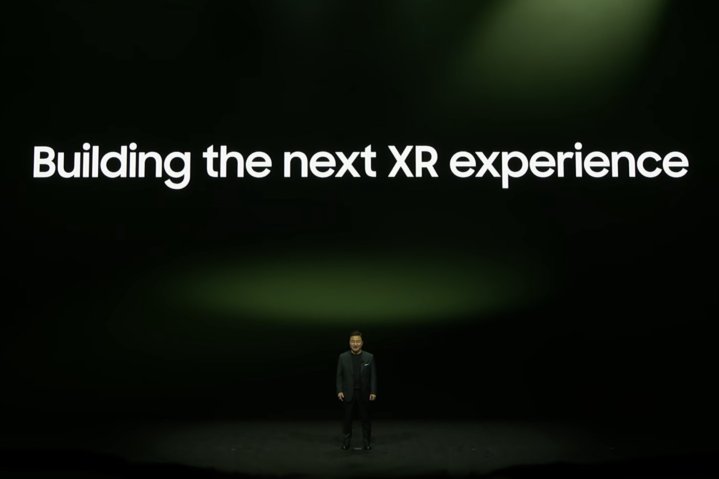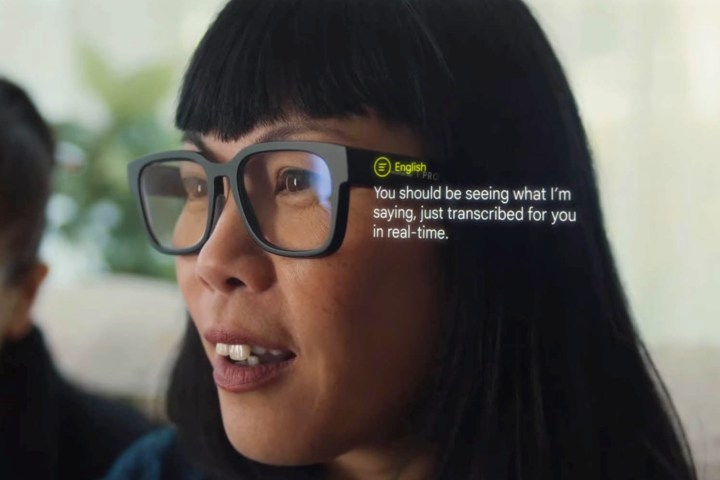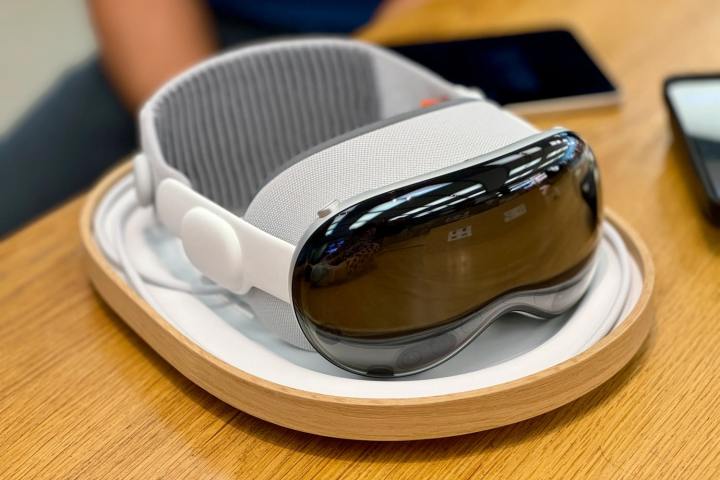Google has an opportunity to tackle the Quest and Vision Pro in a giant manner


Over the years, Google has made many makes an attempt at pushing VR and AR forward, whether or not it was Google Cardboard, Google Glass, or Google Daydream. All had been failed tasks, finally.
But with the introduction of the Vision Pro and Meta’s current bulletins, there’s by no means been a lot curiosity in prolonged actuality (XR) headsets and AR glasses. And with the Google I/O developer conference coming this week, there are rumors that Google could make one other enterprise into this know-how.
Google’s within the sport
Apple’s launch of the Vision Pro doesn’t essentially demand a response from Google. It’s a comparatively area of interest machine given its excessive worth. But we all know Google is within the sport based mostly on some current hints.
Google’s AR and VR account on X (previously twitter) not too long ago posted that the corporate would share augmented actuality information at Google I/O 2024. Several classes point out ARCore, the augmented reality software built into many Android devices. Third-party builders can create AR apps with ARCore, and we’re anticipating some developments on this entrance.
Mark your calendars. 🗓️ Join us at #GoogleIO on May 14th to study concerning the newest developer merchandise and #AR bulletins! Register right now: https://t.co/5rPQps7FH0 pic.twitter.com/CgxtarnP5m
— Google AR & VR (@GoogleARVR) April 10, 2024
Two years in the past at Google I/O 2022, the corporate confirmed a video of prototype smart glasses that translate and transcribe languages. It’s potential that we might see some extra bold demos like this, or an replace on one of many present tasks.
There was additionally speak of an XR headset, however a Business Insider report suggests Google canceled that undertaking. But is it truly useless? Let’s think about what we all know thus far.
Will Google make an XR headset?

It’s potential that Google will make an XR headset sooner or later, however the subsequent machine powered by Google’s AR and VR know-how is extra prone to come from Samsung.
Last yr at Galaxy Unpacked 2023, Google and Qualcomm executives joined Samsung’s TM Roh onstage to announce plans to build an XR headset. Samsung didn’t reveal any particulars past the collaboration. Still, it was an intriguing teaser timed to reach earlier than the announcement of the Vision Pro at Apple’s Worldwide Developers Conference.
Google and Samsung every have backgrounds in growing AR and VR merchandise. While the 2015 Google Glass and 2016 Daydream View weren’t standard amongst shoppers, Google took an early lead within the XR house and redirected its efforts towards enterprise customers in 2017. And Samsung partnered with Oculus (now Meta) in 2015 to launch the considerably profitable GearVR headset that used a phone for a screen, monitoring. and processing.
Meanwhile, Qualcomm is a number one XR {hardware} developer that’s actively pushing this know-how ahead. XR encompasses each AR and VR applied sciences, and Qualcomm’s Snapdragon XR2 and AR chips energy the preferred VR headsets and sensible glasses, like Meta’s Quest 3 and Ray-Ban Meta Smart Glasses.
A joint growth from Samsung, Google, and Qualcomm has the potential to disrupt the business. Qualcomm can provide XR processors and reference designs to speed up the method, Samsung might manufacture and distribute the machine, and Google might present software program. Whether or not it can come collectively at I/O remains to be within the air, however that doesn’t imply we gained’t catch a glimpse of it subsequent week.
Android XR

Google develops Android for telephones and tablets, together with Wear OS for watches, however neither of these will suffice for an XR headset. To compete with Apple’s Vision Pro, Google wants a brand new spatial working system to offer a digital consumer interface that hovers in entrance of the wearer’s eyes and responds to their hand gestures or controller enter.
We know Android XR is an actual product since that designation seems within the code of Google’s Play Store, alongside related references to a telephone, foldable, pill, TV, and extra. A weblog named TheSPAndroid uncovered these particulars in September of final yr.

Android XR may also embrace options optimized for AR glasses based mostly on the research that preceded Google Glass. With over a decade of growing AR apps and prototypes, it actually appears potential that Google has the assets wanted to launch a considerate spatial consumer interface.
Meanwhile, Meta introduced plans to open-source Horizon OS, the core software of the popular Quest 3 VR headset. Lenovo, Asus, and Microsoft are already working with Meta to create new headsets that may run video games and apps from the Quest library.
The traces have been drawn for a various market that includes ideas from most main tech firms. Apple has visionOS and Meta is increasing the vary of Horizon OS, whereas Google and Samsung put together to launch an answer championing Android XR. It’s an thrilling time for spatial computing, particularly if Android XR makes its debut this yr.
Android XR at Google I/O

The current explosion of exercise suggests now’s the fitting time for Google to increase past the ARCore framework. I wouldn’t be shocked if Google proclaims Android XR — an entire platform for VR, AR, and spatial computing — at Google I/O,.
Developers are already building apps for Apple and Meta headsets. Google must reap the benefits of this momentum to verify apps and companies will assist Android XR.
The excellent news is that Samsung’s XR headset ought to be capable to run a number of Android apps at launch. Since Qualcomm’s Snapdragon XR2 platform is appropriate with Snapdragon cellular processors, porting apps to Android XR might be comparatively simple.
This can be akin to the Apple Vision Pro’s ability to run iPad apps. While 2D home windows floating in a 3D house isn’t the very best use of an XR headset, it really works and feels acquainted. An Android XR headset that syncs along with your Android telephone and pill, in addition to your Wear OS watch and Chromebook, can be a compelling answer.
With just a few spectacular immersive environments and enjoyable mixed-reality video games, Google might safe its place as know-how begins to make the intuitive, holographic, AI-enhanced laptop interfaces of sci-fi films a actuality.
We’ll have to attend and see if Google truly makes I/O the launch occasion for its renewed curiosity in XR and AR.











